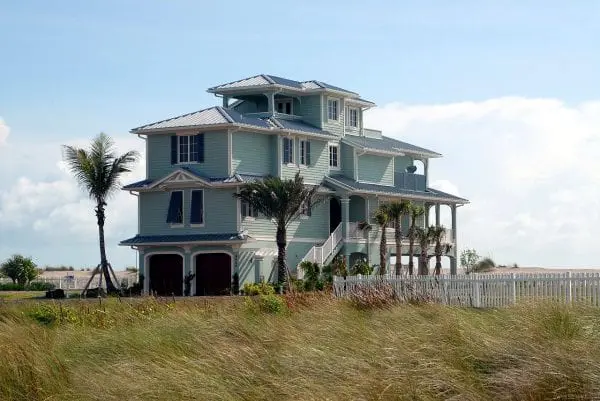What is the True Cost of Buying a Home?

Home ownership not only serves practical purposes, providing sanctuary and comfort for your family, but becoming a property owner also represents a significant financial milestone. The tangible reward for a job well done, your property is among the most substantial investments made during your lifetime. With a little luck and a proactive approach, improving and preserving your property can be a source of financial benefits, gaining value and equity over time. Even without selling your home, its value can be leveraged to access needed resources, reinforcing your financial security while keeping a roof over your head.
With so much at stake, it is important for would-be homeowners to consider all the angles – before making costly commitments. The true cost of your home-owning dreams goes beyond the purchase price into uncharted financial territory. Accounting for all of the demands of home ownership may be more costly than you think, but with realistic expectations and an accurate assessment, your dream is within reach. As a property purchase becomes a real possibility, consider the following costs you’ll face: buying and keeping your home.
Market Price
The price you pay for a home is influenced by various forces, including general market conditions. When considering purchasing homes for sale in Boiling Springs, PA for example, it is important to gain a feel for the real estate market in your area. Do homes sell quickly in your target zip code? Are sellers commanding top prices for homes in your price range? What are property inventory levels in your region? Each of these conditions has an impact on sales prices, so understanding the market ensures you pay the right amount for your new home.
Prevailing real estate environments are roughly divided into two camps, helping would-be home buyers evaluate economic conditions. In a buyer’s market, inventory has no trouble keeping up with demand, typically pushing prices lower and raising the standard for quality and curb appeal. In a seller’s market, on the other hand, prices are buoyed by high demand and low inventory, leading to quick sales and healthy asking prices. Waiting for a buyer’s market can help stretch your purchase power, but your personal circumstances also weigh heavily on timing decisions. For the best results under wide-ranging pressures, track property sales in your area, working with a realtor to help identify favorable trends. With comparable sales to guide you, you’ll enter the market with upside potential, making the most of your home-buying budget.
Cost of Credit
Myriad economic forces are at play, influencing the cost of credit. Mortgage financing, in particular, responds to long-range forecasting and prime lending rates, always shifting according to prevailing economic tides. Like your purchase price, getting the best deal on mortgage financing ultimately reduces your cost of living. A difference of a single interest percentage point, for example, can drastically change your mortgage outlook – either boosting your buying power or holding you back from the financing you need.
While mortgage rates are beyond your control, to a certain extent, there are things you can do to ensure affordable financing. For starters, build and protect your credit score, cementing access to the best rates and terms. And do your best to make mortgage commitments under favorable lending terms when interest rates trend downward. Like other consumer products, shopping your mortgage to the most affordable lender benefits your bottom line, ensuring competitive closing costs and preferred pricing.
Insurance
Like other forms of insurance, a homeowner’s policy hedges against catastrophic financial outcomes. Without insurance, a house fire, storm damage, or injury to a person on your property is enough to undermine your financial health. So, while you hope never to make a claim, keeping adequate insurance in force protects you from the unexpected.
Despite the compulsory nature of homeowner’s insurance (most mortgage holders require it as a condition of eligibility); there is no need to overpay for coverage. Before making commitments – and each year at renewal time, evaluate coverage options and compare premiums offered by multiple vendors. With a cross-section from which to choose, you’ll settle on an affordable policy without sacrificing needed coverage.
Insurance, mortgage financing, and the price paid for your home are leading financial concerns as you step up to ownership. Accommodating these costs up-front keeps your expectations in line with your budget, avoiding costly property missteps. And while ownership carries a unique set of spending demands, covering the cost of buying a home is your first obstacle on the way to closing the deal.









My husband and I want to purchase a home sometime in the near future. I am doing all the research I can so that we won’t be surprised. Great information, thanks so much for sharing!